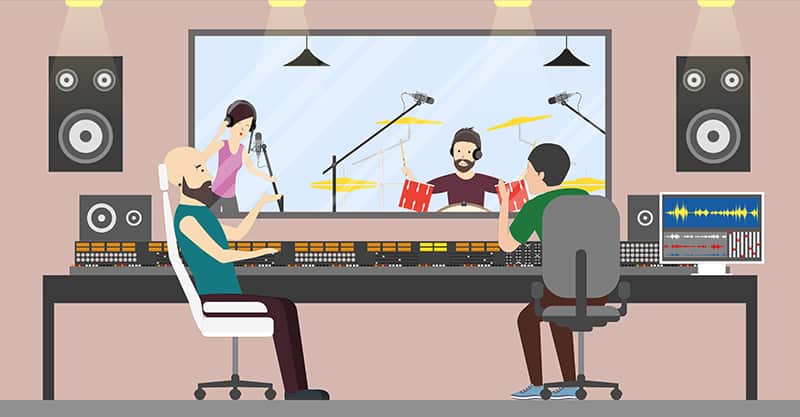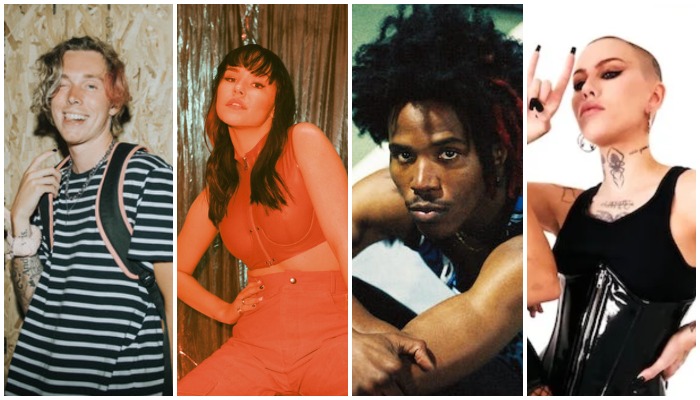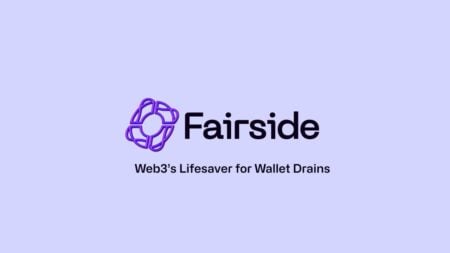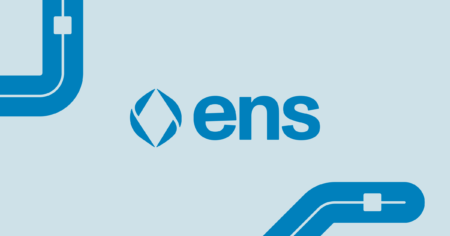The Future of the Music Industry Through NFTs
Disclaimer: not being in the music industry myself, this article is only my understanding of the future of NFTs for music after several hours of research on the subject. My sources will be listed at the end of the article if you wish to go further.
NFTs will integrate all industries
First of all, it’s important to go back to the basics: when we talk about NFT, non-fungible token, we are talking about the underlying technology. This technology has been for the moment, mainly highlighted by the application to the digital art industry.
Thought, it would be to see only a drop in the ocean to think that the usage of NFTs technology is limited to this. Smart contracts and intellectual property technology can, and will be used in all other industries: media, real estate, health, cinema, sports, ecology and of course: music
Many of us are really excited to see the Music NFTs develop and I will explain why.
The music industry today

In this industry we identify four main actors: the record companies, the streaming platforms, the artists and the consumers. Each one has its role to play in this ecosystem.
If we were to generalize a little bit, here is how the music industry currently works: The record companies are the ones who really profit from the industry and make the most money. The artists usually only have a small percentage of ownership of their music and the streaming revenues are not very profitable for them even when streaming represent approximately 83% of all revenues for most music labels.
Spotify’s business model is to collect subscriptions on a monthly basis but pay the rights holders to all major labels on a quarterly basis, giving them three months of cash flow to make the money work, generate dividends and make investments. The majors use strictly the same process, paying artists only half-yearly. Thus, even if the artist has created the main product, he only receives a minor profit.
Typically, a young artist releases his music through social media and begins to gain exposure. A record company sees the potential and approaches the artist with a recording contract along with a substantial advance for a few projects.
This requires the artist to assign the copyrights of his recordings to the label, meaning that he loses ownership of his music and is only entitled to royalties ranging from 13% to 20% depending on the power relationship he has with the record company. However, these advances are really just loans, which are advance payments secured on the proceeds of the projects sales.
To be clear: the artist must repay every dollar advanced, using the 20% ownership of their music.
Moreover, the process of receiving stream revenues is quite obscure and requires a lot of time, which may be frustrating for artists whereas with a smart contract it could be done instantly…
NFTs are a new way to invest in artists

First of all, what are the purposes of Music NFTs?
1. It’s a new way to raise funds to finance the artist’s projects.
As an artist who decides to release a NFT collection of his record, not only raises funds thanks to the financial support of super fans but keep control over their ownership.
As a consumer, you wouldn’t pay to listen to the music, because you can do it for free, but you pay to own the music. It is the same principle with digital art, it doesn’t matter if someone right click saves your image, you own the IP. And by buying one of these NFTs, you invest in the artist career, because the money collected will allow him to advance in his projects.
You are more than a collector or a fan, you are a shareholder.
2. It redefines the proximity of community.
At the moment artists know the number of streams of their songs thanks to the streaming platforms but it is almost impossible for them to generate additional information. They don’t know who is behind these profiles and it’s more complicated for them to determine who are their super fans other than through their social networks and concerts.
With NFTs the nature of the relationship has evolved. Not only because the communication is more fluid thanks to tools like discords, but also to wallets’ addresses.
As each NFT holder has a wallet, it gives the artist more information about their fans profiles in accordance with the NFTs collections they support, as well as a direct line of contact. It becomes easy to get to know the « superfan » just by considering the number of NFTs from the artist collected and also possibly on their other musical tastes.
Most importantly it gives them the ability to « reward » their fans, which is I believe, the most valuable part for the consumers.
Indeed, It is impossible to give all the benefits that an artist can affiliate to the sale of his NFT but some include:
- Royalties
The owner can earn a specified percentage of royalties on the music and so make money directly thanks to the artist.
- Exclusive contents
The artist can send directly « drops » to the wallet holders. It can be special NFTs or exclusive contents like early access to song.
- In real life events
The NFT can become a “pass” for in real life events like meet ups or concerts.
- Physical gifts
The NFT holder can claim gifts, such as merch, goodies or collector CDs / Vinyle, according to the artists organisation.
- Decision making power
With the rise of DAOs, an NFT holder has a voice on the decision making process.
Fans can now generate money and receive gifts as their favorite artist evolves. The relationship is therefore much more on a win/win basis. Both parties win and become much closer.
3. It simplified the sampling royalties distribution
Today, samples represent an important revenue source for numerous producers and musicians. Music sampling is the process of incorporating a section of an original recording into a new song, looping it and mixing it with a new piece of music. It is very common in music since several decades but requires some legal precautions.
As each NFT has a smart contract, they have the possibility to facilitate the royalties distribution towards the different rights holders.
As Cooper Turley, an angel investor in Music NFTs / advisor and project founder mentioned in a podcast:
« On chain attribution in music will be huge. I believe that very soon people will make music with every under line stamps having a tokenized component into it. If you make a song with different stamps, each producteur of the stamp will receive a percentage of the royalties. »
Cooper Turley
What future for labels?
NFT music as it is currently done and how it is becoming, places the artist at the center and redefines the artist / fan relationship but also the artist / label power relationship.
The artist no longer needs to sign a disadvantageous deals with a record company to finance his albums and career. A possible scenario is that these labels become investors and partners with the artists instead. For this they will have to be much more competitive, making the contracts fairer for everyone.
What are we waiting for?
For the moment the NFT music remains a niche, the volumes are very low. The simple fact that a singer makes millions of streams a month doesn’t mean he will sell out a 30 record NFT collection.
Whether it’s because it’s still complicated to be able to show off your collectible when it’s a record, or to be able to really make money with it. It’s probably going to take some time for NFT music to become mainstream and for people to have the habit to mint a song, but the potential is huge.
The web 3 environment is not user friendly for now. Many players are working on it so that we can onboard as many persons as possible soon, but there’s still a lot of education to be done before we get to the point where everyone understands the real potential on it.
The good news is that most web3 native artists make more money from the few collectible they sell than they do via the streaming platforms so far.
So let’s be patient 🙂
Lilou @iamlilou5
Head of community & digital at @UnlimitArtNFT
Sources and additional information:
Cooper Turley @Cooopahtroopa on Twitter
Podcast on NFT music:
https://podcasts.apple.com/fr/podcast/overpriced-jpegs/id1591954323?i=1000566496540
Articles:
https://forefront.market/blog/music-nfts-breakout
https://www.theguardian.com/music/musicblog/2009/jan/29/recording-copyright-ownership
https://www.masterclass.com/articles/how-to-sample-music




